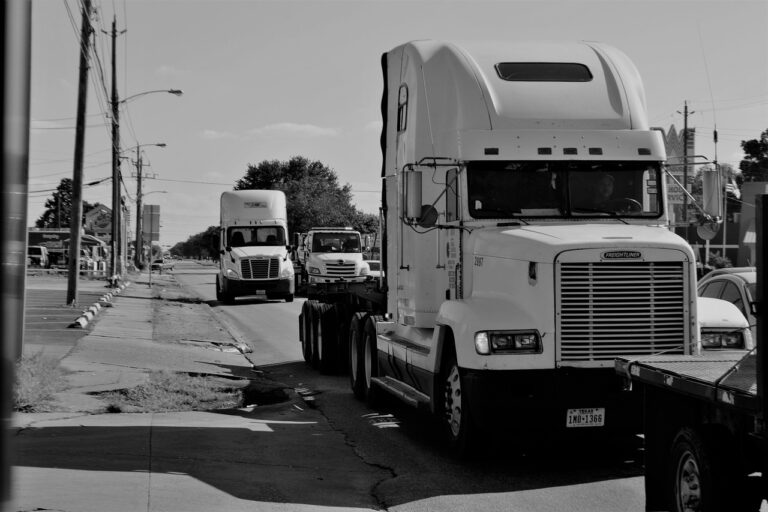Understanding Process Server Cost: A Complete Guide
In legal proceedings, the delivery of important court documents must be conducted with utmost accuracy and legal compliance. This is where the role of a process server becomes crucial. A process server ensures that legal documents such as summons, complaints, subpoenas, and writs are delivered to the correct recipient, thus keeping legal processes transparent and lawful. But how much does it cost to hire a process server? This article will explore the various factors that influence Process Server Cost and what you can expect when hiring a professional service.
What Is a Process Server?
A process server is a legal professional responsible for delivering court documents to a defendant or individual involved in a legal case. This service is vital in ensuring that the legal notice has been properly delivered in accordance with the law. Process servers can also offer additional services such as document filing, skip tracing, court record retrieval, and notarized affidavits of service.
Why Hiring a Process Server Matters
Hiring a process server isn’t just about delivering paperwork; it’s about ensuring legal compliance and accountability. In many legal scenarios, improper service can result in case delays, dismissals, or challenges in court. A professional process server ensures that every document is served correctly, maintains proper records, and provides proof of service that can be used in court if necessary.
Key Factors That Affect Process Server Cost
The cost of hiring a process server varies depending on several important factors. Understanding these can help you better estimate the budget for your legal process.
Type of Legal Document
Different types of legal documents require varying levels of care and urgency. Serving a divorce petition may differ in complexity from delivering a small claims court summons. The type of document influences the time, preparation, and sometimes the legal knowledge required—thus impacting the cost.
Urgency of Service
Same-day or rush delivery typically costs more than standard service. If the legal deadline is approaching fast, process servers may need to prioritize the job and rearrange their schedules to meet urgent requirements, which adds to the final bill.
Location and Distance
The distance between the process server’s base and the delivery address is a significant factor. Serving papers in remote or rural areas may involve longer travel times and additional transportation expenses. Urban areas may offer quicker access but can come with traffic and parking issues that may influence costs.
Number of Attempts
Most process servers include two or three delivery attempts in their base rate. If the recipient is difficult to locate or evasive, more attempts may be needed. Additional visits usually come at an added cost per attempt.
Skip Tracing Services
If the recipient of the legal documents cannot be located through normal means, process servers often offer skip tracing. This involves investigating databases, public records, or private sources to locate the individual. Skip tracing significantly increases the total cost due to the time and resources involved.
Time of Service
Some process servers charge more for after-hours, weekend, or holiday services. If your legal matter requires delivery outside of normal business hours, this premium service is usually billed at a higher rate.
Special Handling Requirements
Special requirements like video recording the service, delivering in a high-security environment, or taking additional precautions can all increase the service cost. Sensitive or high-profile cases may also come with added fees for discretion and safety.
Typical Process Server Cost Breakdown
While prices vary depending on the factors above, here is a general cost breakdown that most clients can expect:
-
Standard Service (2–3 attempts within a week): INR 3,000 to INR 7,000
-
Rush or Same-Day Service: INR 7,000 to INR 15,000
-
Skip Tracing Add-On: INR 2,000 to INR 10,000
-
Affidavit of Service: INR 500 to INR 1,500
-
International Service: INR 15,000 to INR 30,000 or more, especially when complying with global treaties such as the Hague Convention
These are estimated costs and can vary depending on the provider, the complexity of the case, and the jurisdiction.
Flat Fee vs. Hourly Rate: What’s Better?
Process servers may charge based on a flat fee or an hourly rate. Each pricing model has its pros and cons.
-
Flat Fee: This is often preferred by clients as it offers predictability. A single fee usually covers a set number of attempts and a standard service window.
-
Hourly Rate: In more complex cases requiring skip tracing, multiple addresses, or extensive travel, an hourly billing model may be more appropriate. However, this model can result in fluctuating costs and may require close monitoring of service progress.
Choose the model that suits your legal requirements and budget. Always ask the process server to provide a detailed quote before commencing the job.
Hidden Costs You Should Watch Out For
Although most professional process servers are transparent about their pricing, it’s important to be aware of potential hidden fees.
-
Mileage and Fuel Surcharge: Applicable in remote areas
-
Document Pickup or Printing: Fees may apply if large sets of documents need to be printed
-
Court Filing or Notarization: May be billed separately
-
Witness Fees: For cases requiring the server to appear in court
Review the service agreement or estimate carefully before proceeding.
Tips to Save on Process Server Costs
While quality service is worth the investment, here are some tips to help reduce costs:
-
Provide Complete Information: The more details you give about the subject—such as phone numbers, work schedule, and photo—the fewer attempts will be needed.
-
Use Standard Service When Possible: Avoid rush services unless absolutely necessary.
-
Bundle Services: Some providers offer discounts if you need multiple documents served or require other legal support services.
-
Verify the Address: Double-check the delivery address before hiring the process server to avoid wasted attempts.
-
Hire Local: Engaging a local process server reduces travel costs and response time.
Choosing the Right Process Server
Cost shouldn’t be the only deciding factor when hiring a process server. Consider the following:
-
Experience and Track Record: Choose a provider known for reliability and professionalism.
-
Licensing and Compliance: Make sure the process server complies with legal regulations in your region.
-
Customer Service: Good communication and clear updates are essential for peace of mind.
A reputable service provider offers more than just document delivery—they provide assurance that your legal process is being handled correctly.
Final Thoughts on Process Server Cost
Understanding the full scope of process server cost helps individuals and law firms plan their legal budgets more effectively. While fees can vary, investing in a professional process server ensures your documents are delivered accurately, lawfully, and within the required timeframe. Whether you need standard service or a more complex legal task involving skip tracing or international delivery, choosing the right process server is key to achieving success in any legal matter.







